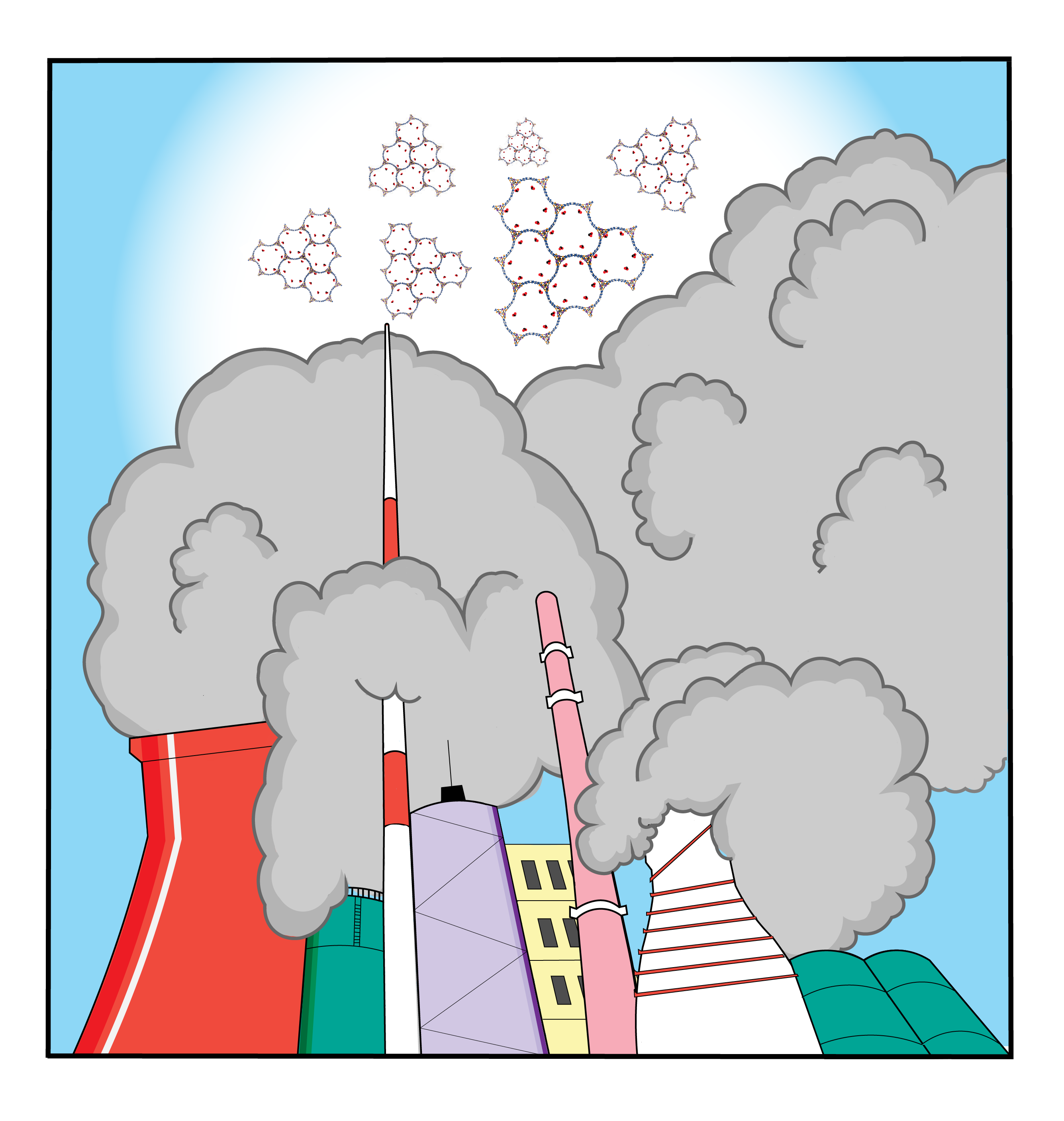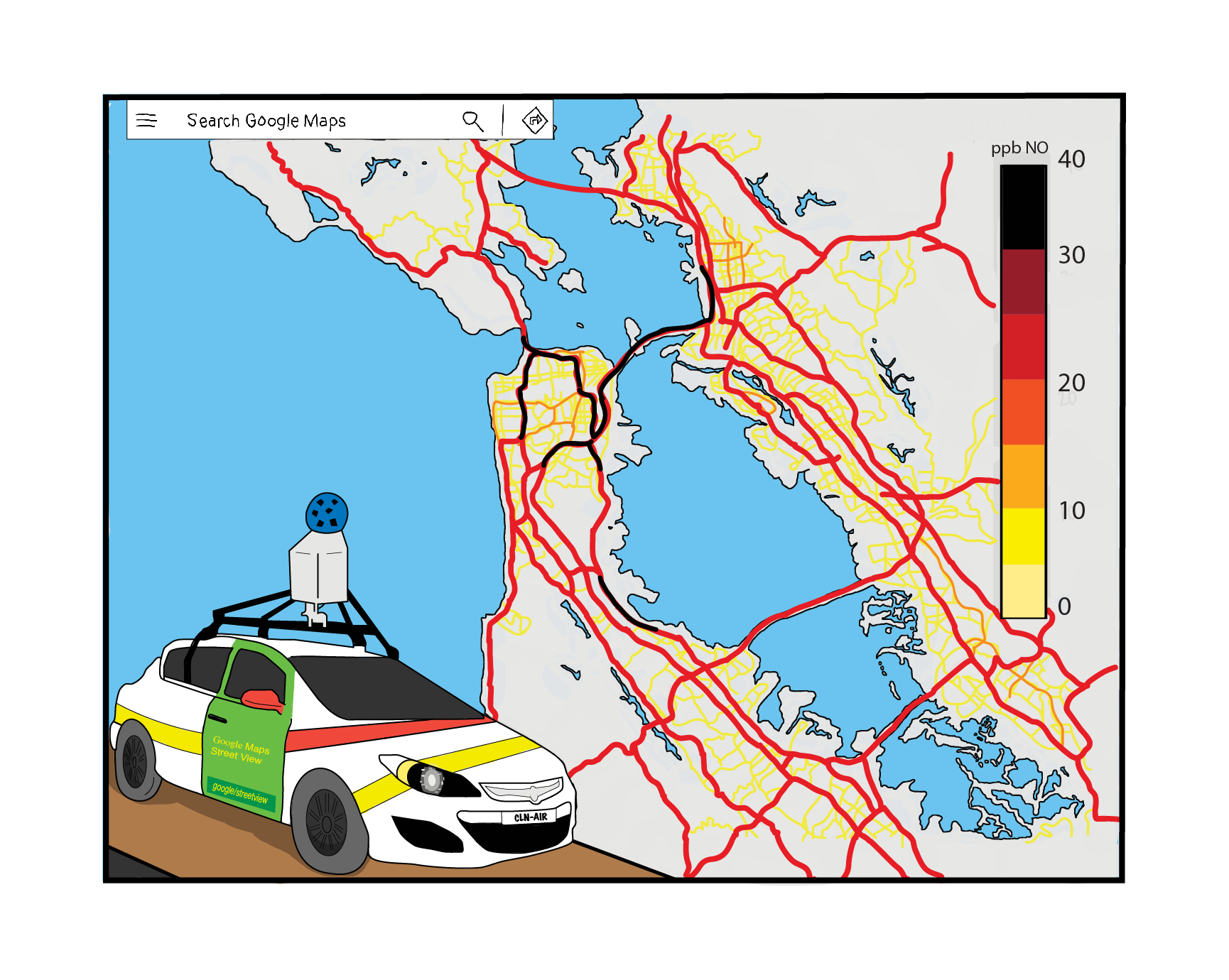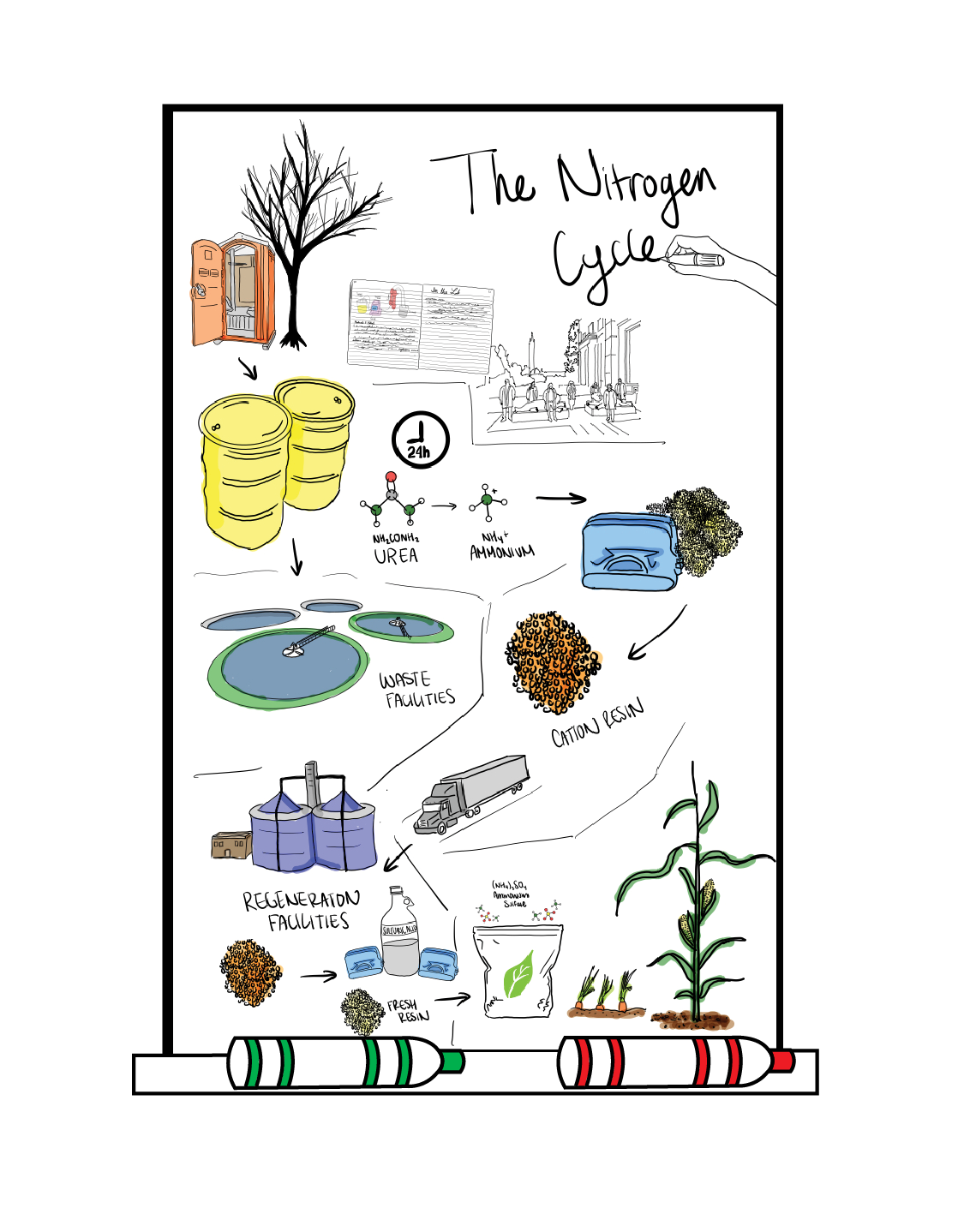Introducing the BSRxBERC Collaboration
We are excited to highlight a new series of posts that will be shared on both the Berkeley Science Review (BSR) and Berkeley Energy and Resource Collaborative (BERC) platforms. These articles will showcase UC Berkeley’s innovation in energy and resource sustainability, feature faculty and research profiles from many different departments, and keep readers up to date on relevant BERC events!
BERC is a graduate student organization comprised of students from different schools and departments across campus. Everyone involved in BERC shares a common passion for clean, renewable energy and sustainability. At BERC, students host events, invite external speakers to lead seminars, and create spaces for discussion among students on energy related topics. Notably, BERC houses experts across a broad range of fields, including: business, science, engineering, law, and policy. The academically diverse composition of BERC provides opportunities for students to learn about energy and sustainability across many disciplines.
To ensure that all interested students have the fundamental knowledge needed to engage in the many programs available, we start the year by offering a seminar on the basics of the energy and resources fields. Here, students learn technical definitions, the evolution of energy and resources in society, and the current state of each field.

In the introductory program and in subsequent events, we highlight the different types of energy available from fossil fuels, to nuclear, and renewables. Through the media, we are often exposed to only a few approaches that make energy usage more efficient such as electric vehicles or the reduction of carbon emissions from oil and coal. In BERC, we think outside the box by considering additional solutions like carbon capture technologies, microgrids, and alternative energy carriers (e.g. hydrogen). We consider how these methods contribute toward our goal of reducing our carbon footprint.
Resources tie into these areas as well. Though we often think of a resource as water, food, land, or raw material, each of these areas affect energy and sustainable development. Without water, fuel production processes suffer; without land, production plants do not have a home; and without raw materials, the creation of new technologies is all but hopeless.
------- Stephanie Collins is a graduate student in civil and environmental engineering and part of the BERC





